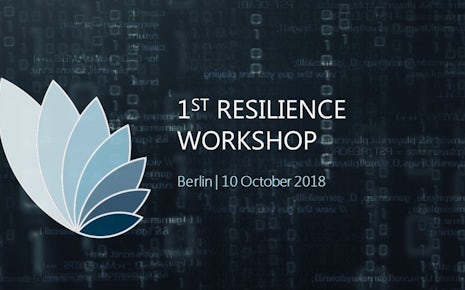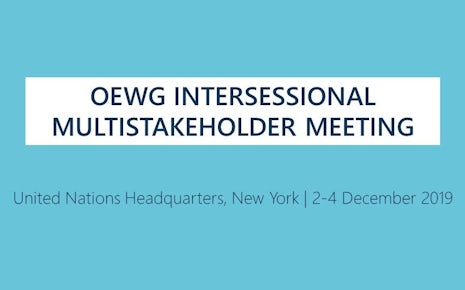Abstract
It is a fundamentally European conviction that states’ actions in cyberspace as in any other domain, must be guided and governed by international law. However, as united as European states and scholars stand on this premise, they have demonstrably different views on what international law is and how to apply it. These differences can be (and have been) construed as an exploitable fault line in the European and wider Western liberal approach to international law. Yet, our differences should rather be seen as an opportunity to inform and enrich further discussions on how to sustain and promote lawful and responsible behaviour in ways that uphold and promote shared values and goals. This conviction serves as a common platform on which to invite, introduce, and debate views on how to best apply international law to issues of cybersecurity, since everyone joining this platform is interested in helping to advance international law – and improve international life. This paper calls for an open, transparent, inclusive, critical and continuous dialogue on how international law applies to state use of ICTs, building on best partnership efforts between governments and academia and increasing cooperation between European and non-European scholars.
Key points
- Promoting and fortifying international law is essential for sustaining ICTs as a technology of peace and prosperity.
- How international law is and will be applied to issues of cybersecurity depends on our ability to understand and convince each other about the benefits and downsides of particular views taken on international law.
- Different views about international law can strengthen and diversify the discussion, help to understand and reach wider constituencies, and engage and accommodate best practices of international law.
- An open, transparent, inclusive, critical and continuous debate on how international law applies to state use of ICTs should include and invite all stakeholders, including the private sector and users.



